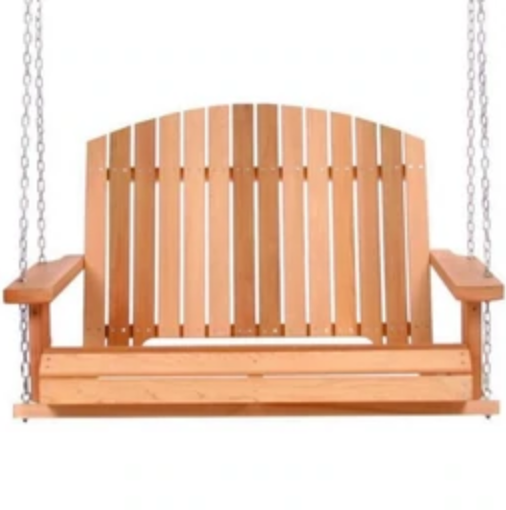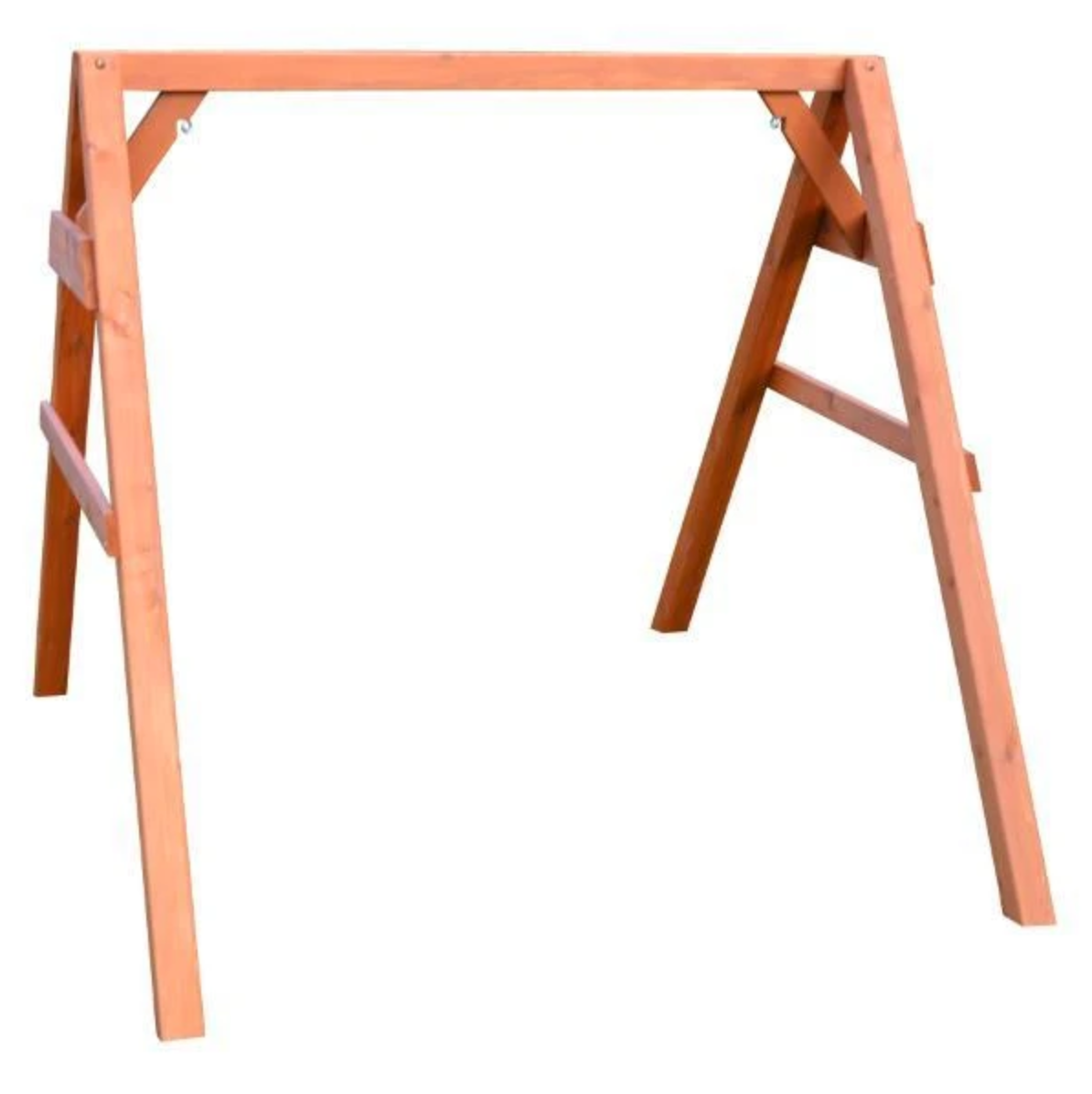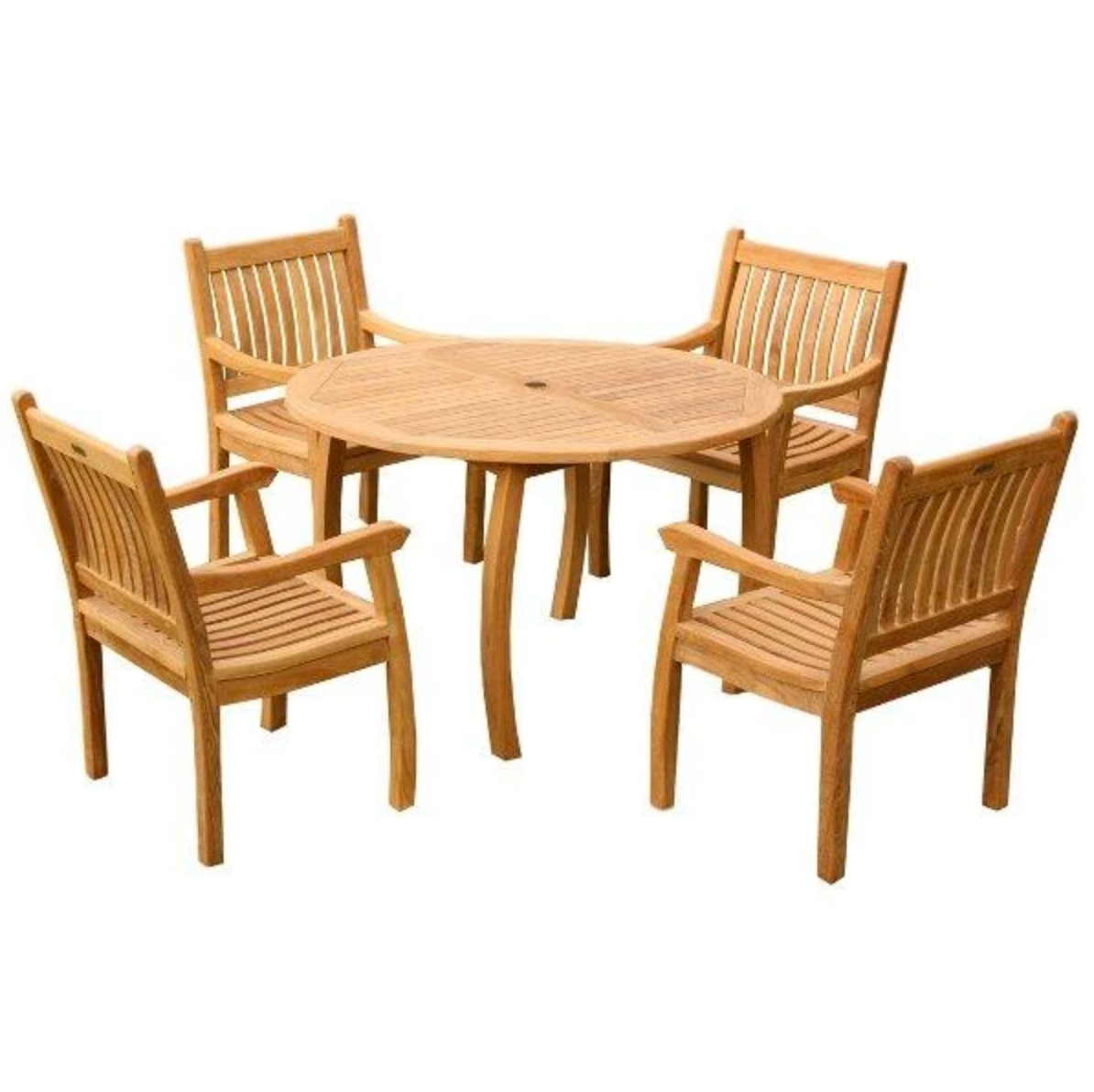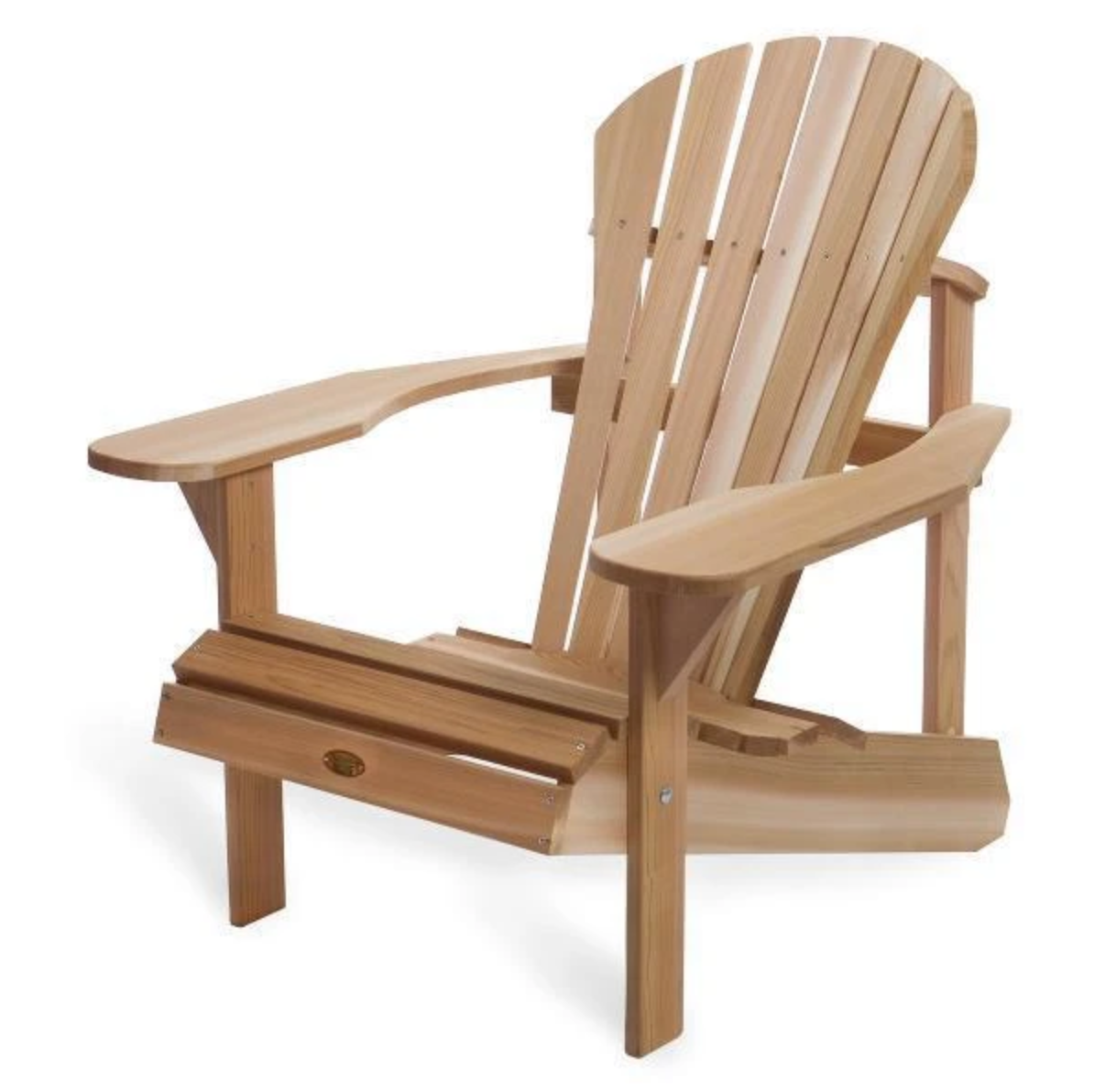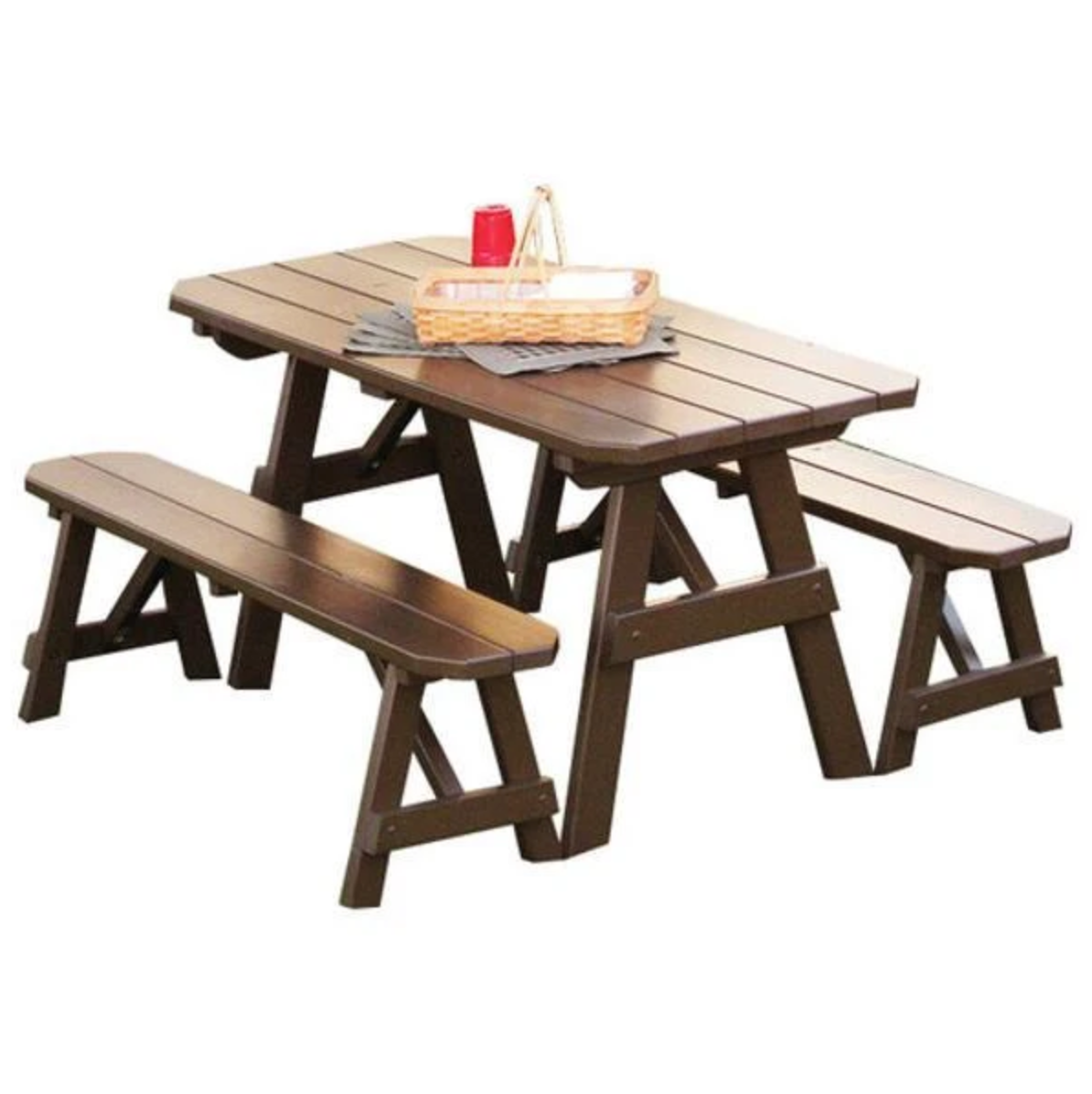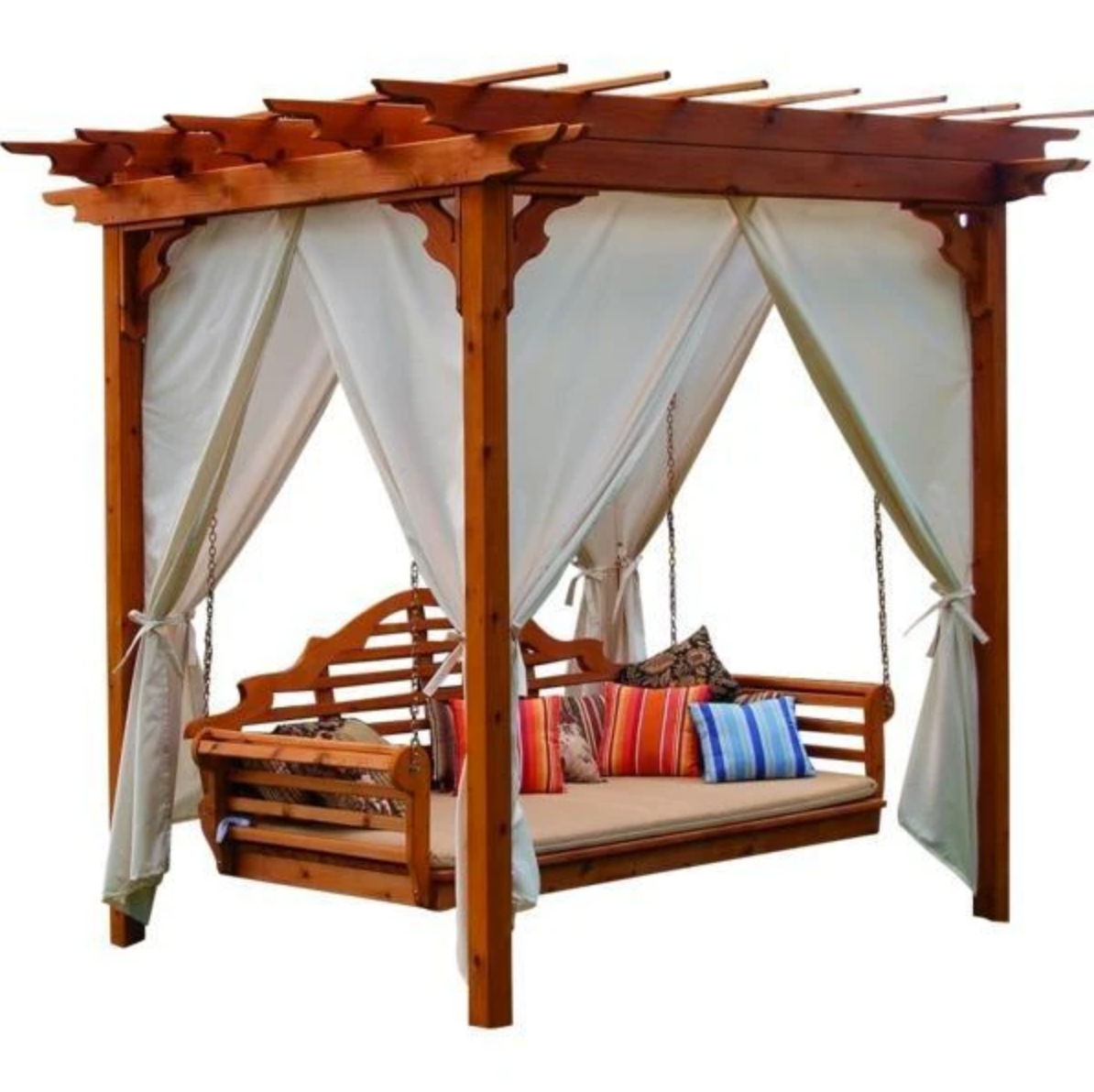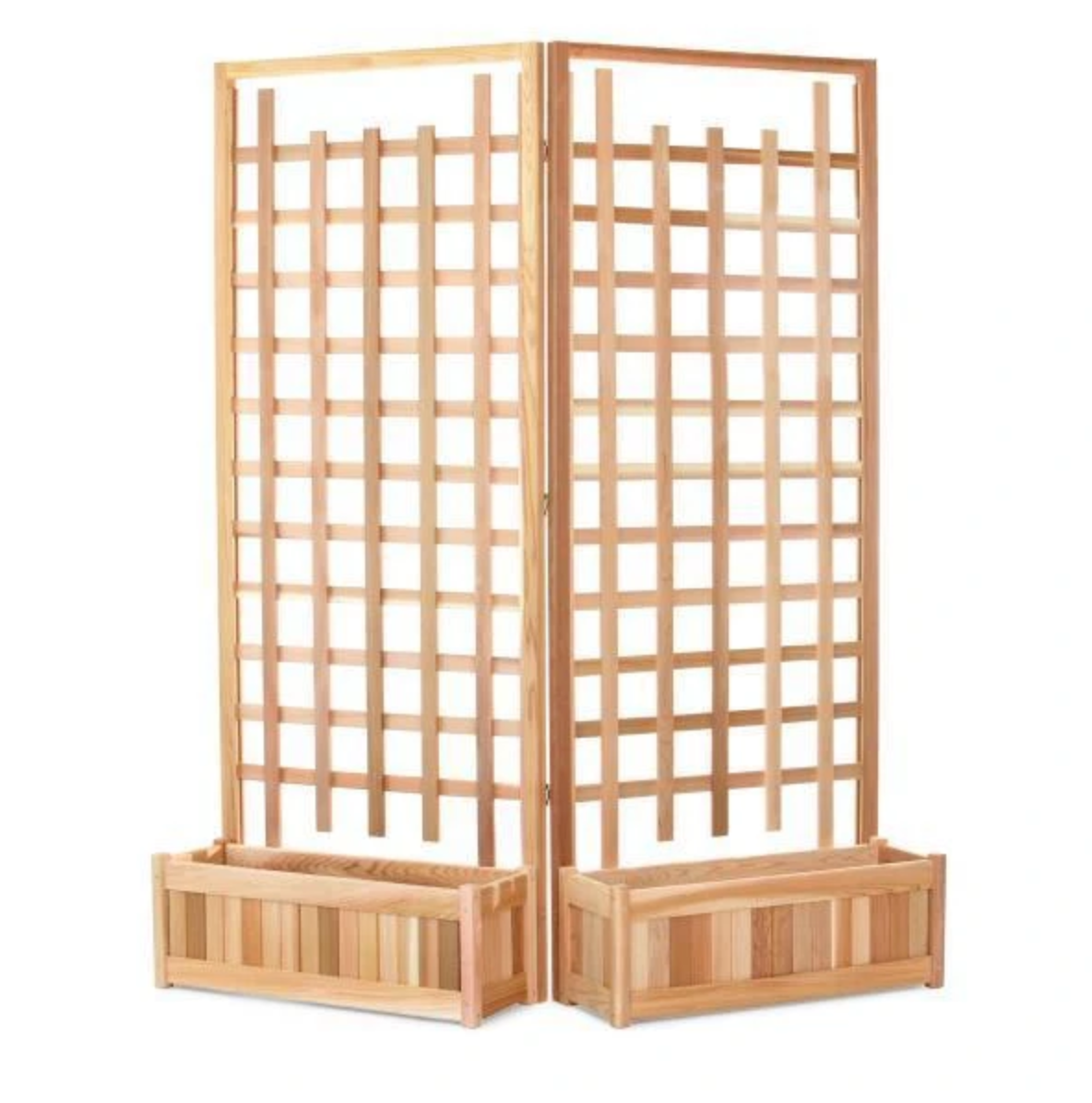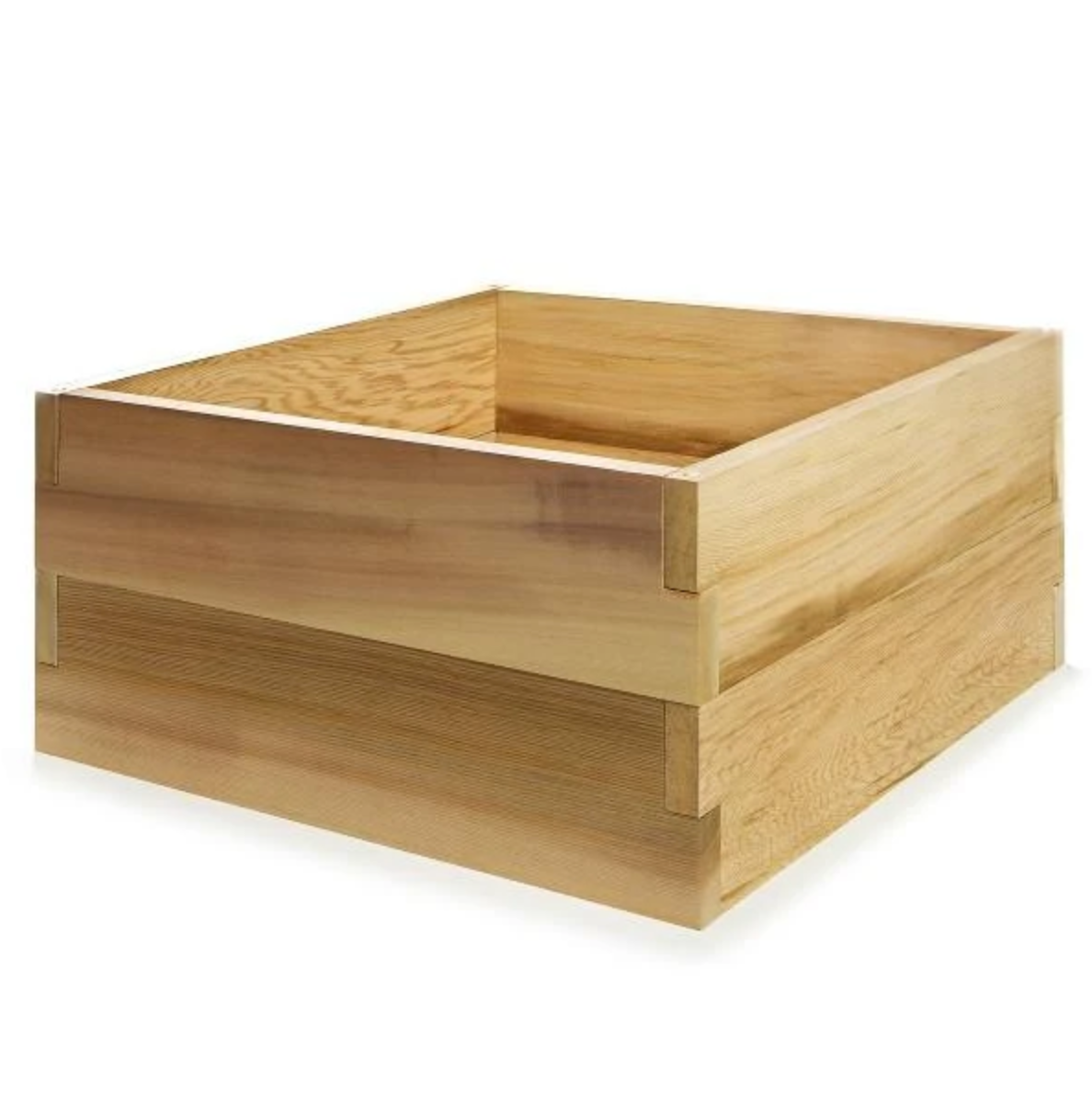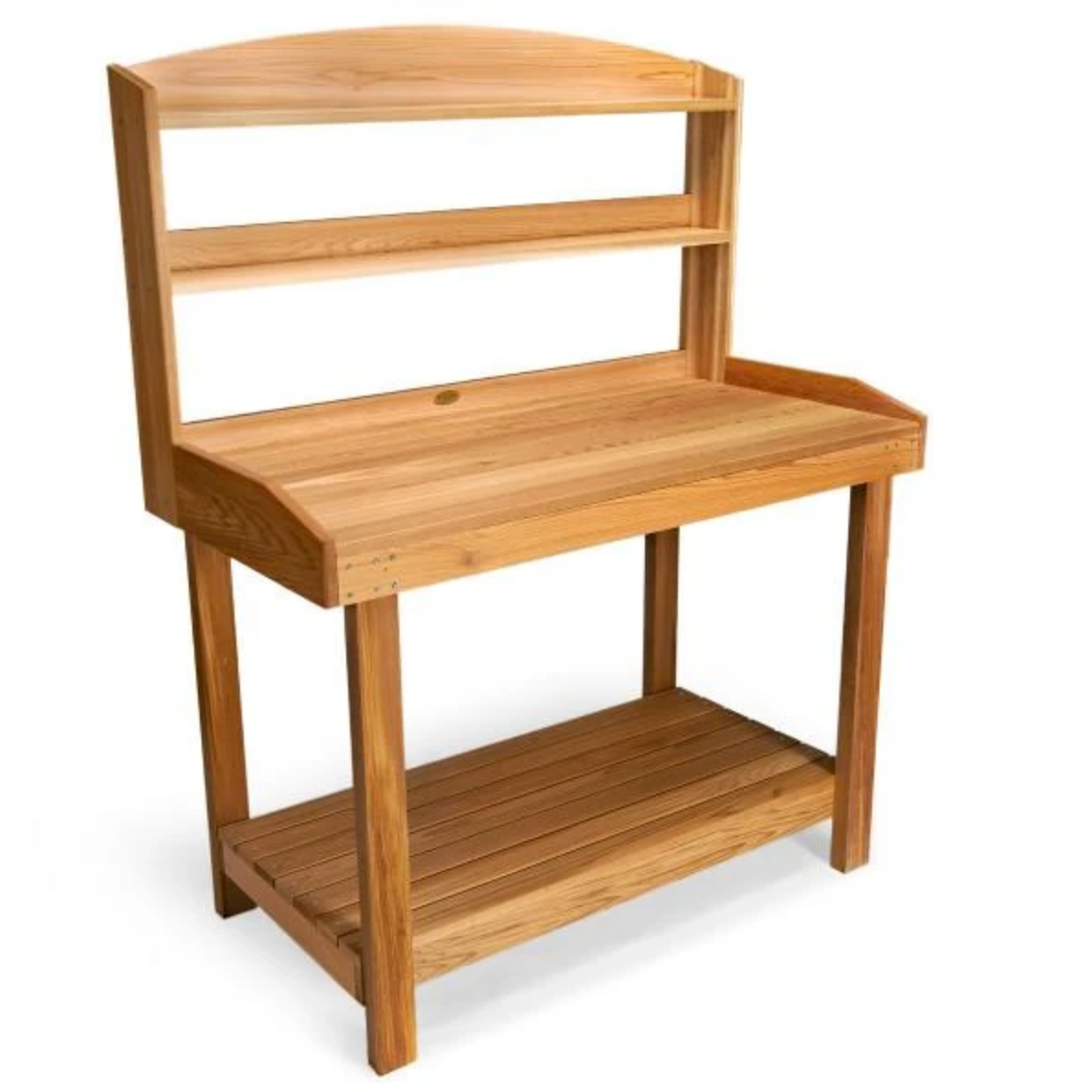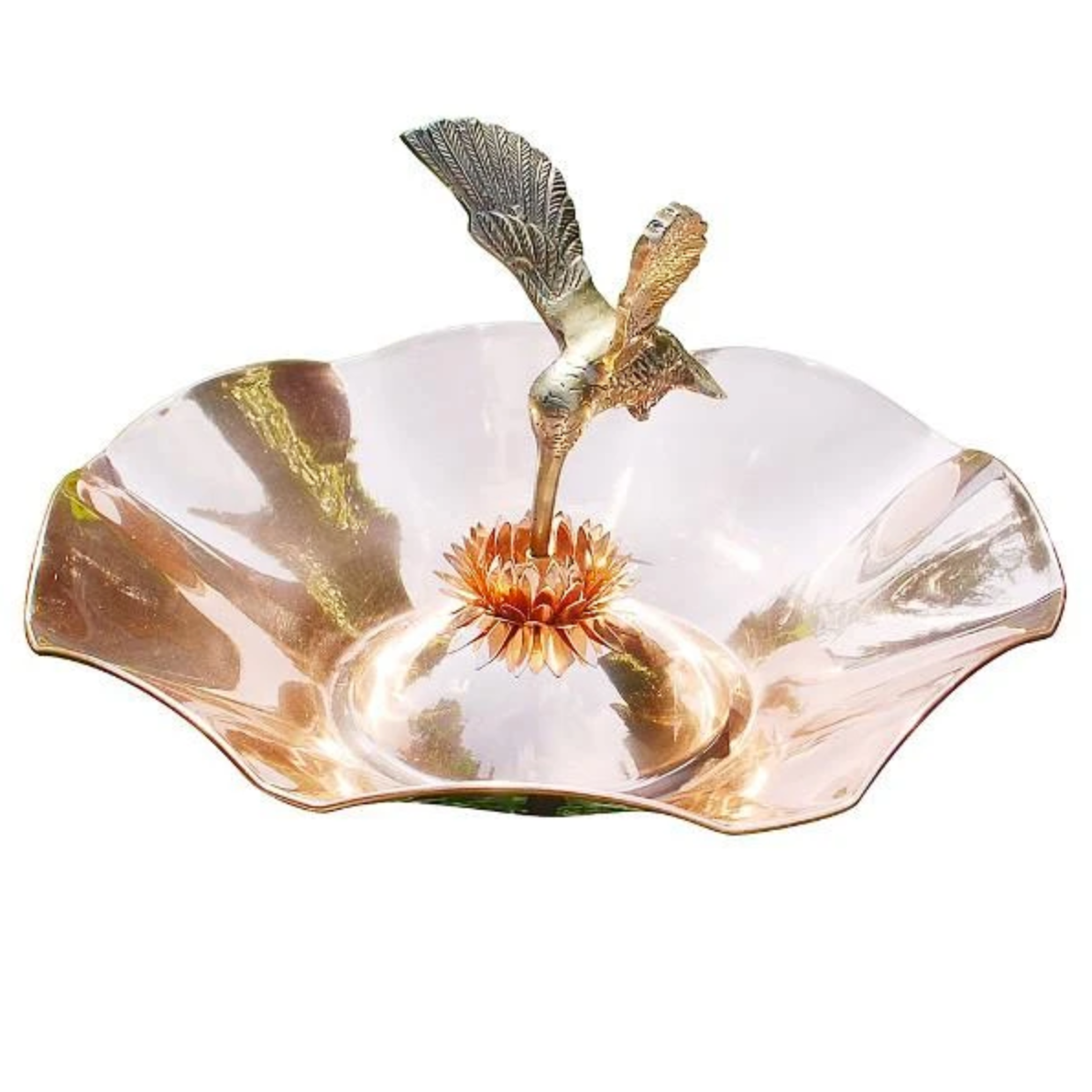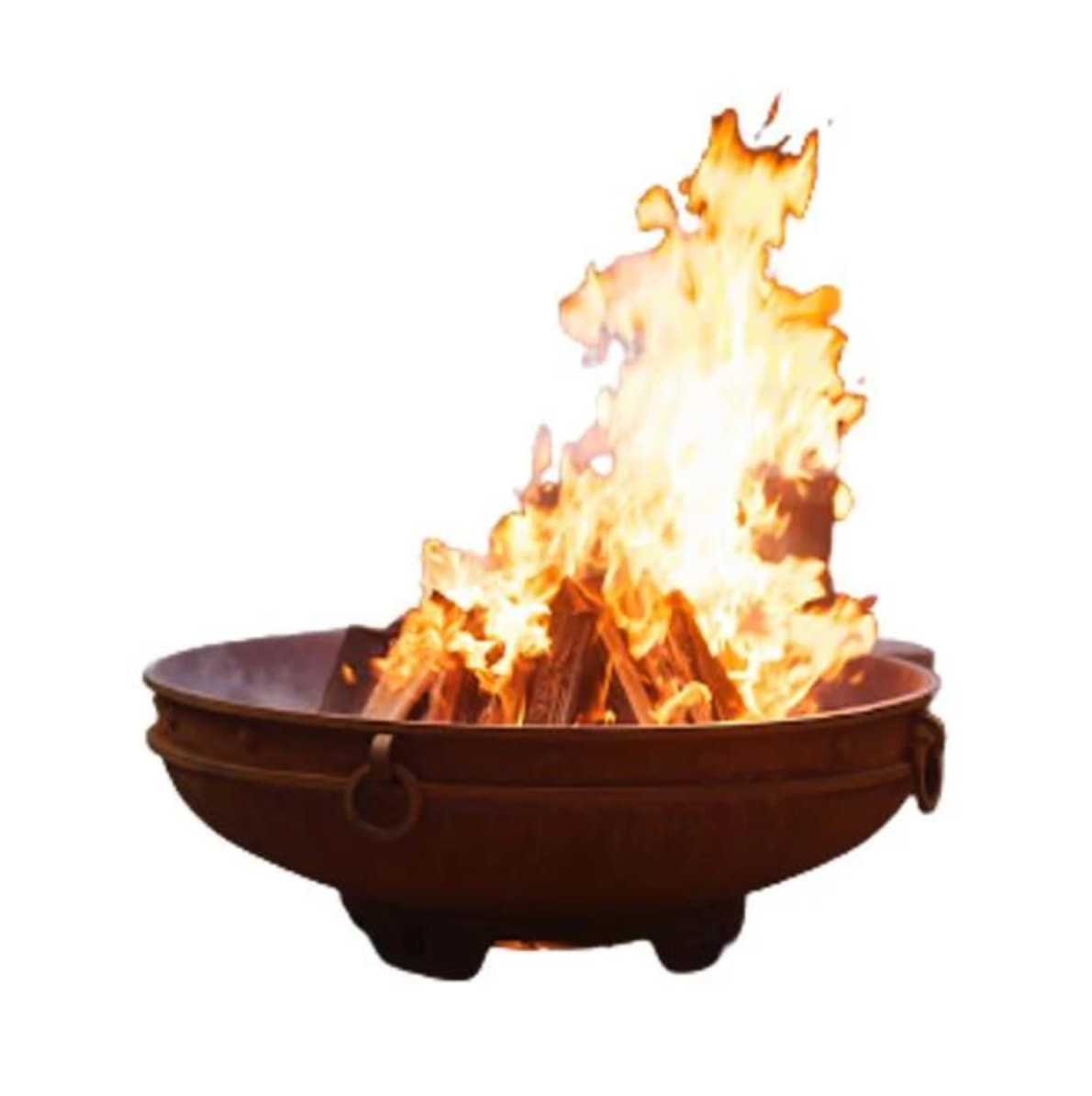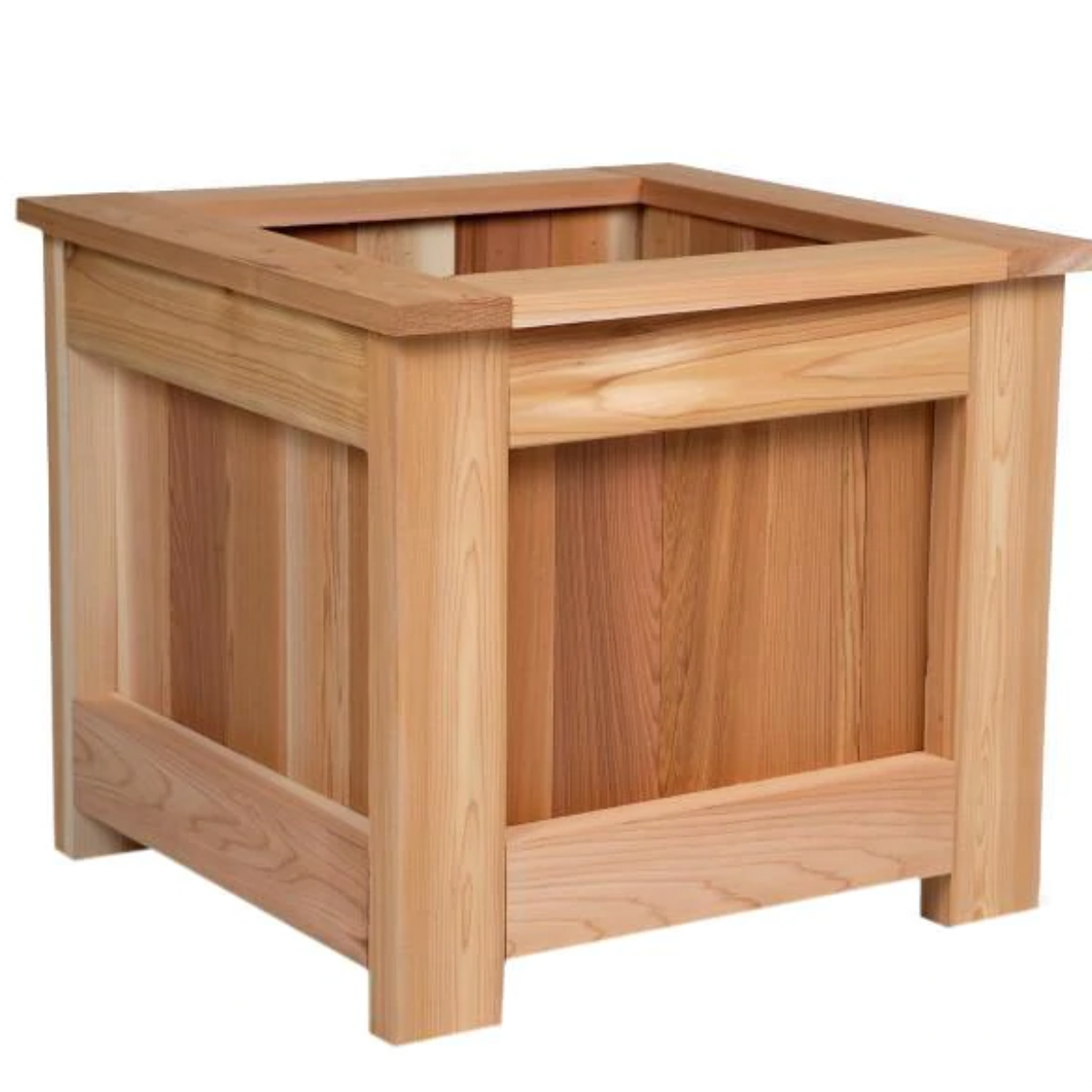Your Cart is Empty
FREE SHIPPING ON EVERY ORDER
Menu

FREE SHIPPING ON EVERY ORDER
Swings
Benches
Tables & Chairs
Home & Garden
Beyond the Veil: How Diverse Cultures & Religions Shape Our Memorial Traditions

As per a report, every day,8000+ individuals die in the US alone. You can imagine how many families will be heartbroken by that incident. The act of remembering those who have passed is a universal human experience, yet the ways we choose to honor them are as diverse as humanity itself. Memorial traditions such as benches with plaques deeply intertwine with cultural norms, spiritual beliefs, and religious customs, spanning from ancient burial grounds to modern urban tributes.
As providers of enduring outdoor furnishings, particularly memorial benches, we often witness the profound thought and tradition that goes into creating spaces of remembrance. Understanding these variedcultural memorial practices andreligious memorial customs helps us appreciate the profoundspiritual significance of remembrance and the diverse formstributes can take, from simpleplaques to elaborate monuments.

The Universal Need to Remember: Early Memorial Practices and Plaques
The impulse to commemorate the dead is one of humanity's oldest instincts. From Neolithic burial mounds to the pyramids of ancient Egypt, early civilizations developed elaboratememorial traditions designed to honor their ancestors, signify social status, or ensure a peaceful journey into the afterlife. These weren't just about burial; they were often about creating permanent markers that tied the living to the dead, preserving lineage and collective memory.
In many ancient cultures, the physical grave itself served as the primary memorial. Objects, offerings, and inscribed stones (early forms of plaques)were placed to identify the deceased and communicate with the spiritual realm. They established a foundational concept: a physical site of remembrance provides a focal point for grief, prayer, and continued connection. This early history sets the stage for the evolution of more nuanced and personal memorials we see today.

Religious Memorial Customs: Varied Paths to Remembrance
Religion plays a paramount role in shapingmemorial traditions, dictating everything from burial rites to the type and placement of memorials.
- Christianity: In Christian traditions, memorials often reflect a belief in resurrection and eternal life. Headstones, typically upright and adorned with religious symbols (such as crosses and angels), are a standard feature in cemeteries. Thegrave bench in a Christian cemetery might offer a place for quiet prayer and reflection, often placed near a family plot.Memorial benches in a park or public garden can be dedicated as a way to honor a loved one's charitable spirit or connection to nature, often accompanied byplaques that quote scripture or express faith. The focus is on a peaceful rest and a hopeful outlook towards reunion.
- Judaism: Jewishmemorial traditions emphasize humility and continuity. Gravestones (matzeva) are typically simple, unadorned, and placed upright. The custom of placing small stones on a gravestone signifies a visit and remembrance. Elaborate or ornate memorialsare generally avoided. Amemorial bench might be considered in a community setting, like a synagogue garden or a dedicated section of a cemetery, if it aligns with the community's specific customs, serving as a functional place for contemplation rather than an ostentatious display.
- Islam: Islamicmemorial customs focus on simplicity and equality in death. Graves are often marked by humble, unadorned stones, sometimes without names, to emphasize that all are equal before God. The focus is on prayer for the deceased and charity in their name. While elaborate memorials are generally discouraged, a simple, respectfulmemorial bench for visitors to rest near a grave or in a communal cemetery area may be acceptable if it serves a practical purpose and does not draw undue attention to a single individual. The emphasis remains on the spiritual journey and the community's prayers.
- Hinduism: Hindumemorial traditions are diverse, often involving cremation and the scattering of ashes in sacred rivers, such as the Ganges. The focus is on the soul's journey (samsara) and liberation (moksha). Physical memorials are less common at burial sites but canbe found in the form of family shrines or commemorative trees. Amemorial bench might be considered in a private garden or a dedicated spiritual center, offering a quiet space for meditation and remembrance, especially if the deceased had a strong connection to that place or activity. The emphasis is on spiritual continuity and honoring ancestors.
- Buddhism: Buddhistmemorial practices vary widely but generally emphasize impermanence, compassion, and the cycle of rebirth. While physical graves may exist, remembrance often focuses on meditation, prayer, and acts of merit to benefit the deceased's next life. Simple memorials that blend seamlessly into their natural surroundings are usually preferred. Amemorial bench could serve as a serene spot for meditation and contemplation in a temple garden or a quiet public space, offering a peaceful environment for the living to connect with their spiritual practice.
- Indigenous Traditions: Many Indigenouscultural memorial practices emphasize connection to the land and ancestral spirits. Memorials often involve natural elements, such as trees, stones, or dedicated sacred sites. The remembrance is less about a single grave and more about the ongoing relationship with the land and community. Amemorial bench in a park or a natural reserve might resonate if it respects the land and serves as a gathering point for storytelling and collective memory, often adorned with symbolic carvings orplaques that reflect tribal heritage.

Check this Memorial Bench - ClickHere!
Cultural Memorial Practices: Beyond Religion
Beyond formal religious doctrines, broader cultural norms significantly influence how we commemorate the dead.
- Eastern Cultures: In many East Asian cultures, veneration of ancestors is a central practice. Family grave sites are often meticulously maintained, and annual ceremonies (like Qingming Festival in China or Obon in Japan) involve visiting graves, cleaning them, and offering food and prayers. While traditional grave markers are paramount, agrave bench or a communalmemorial bench in a well-kept family plot or amemorial bench cemetery can facilitate longer visits and shared family remembrance. The concept of collective memory and filial pietyis deeply ingrained in these practices.
- Western Cultures: Westernmemorial traditions have evolved to encompass a diverse range of options, reflecting an increasing emphasis on personalization and flexibility. While cemeteries remain common, cremation and the scattering of ashes are widespread. It has led to a rise indiverse tributes in public spaces, such asmemorial benches in a park, trees, or engraved pavers. These often carry aplaque with a personalized message, reflecting the individual's life and interests rather than their religious affiliation alone. The desire is often to create a beautiful, accessible space that benefits the broader community while honoring the individual.
- African Traditions: Many African cultures have vibrantmemorial traditions that celebrate the life of the deceased, viewing ancestors as active members of the community. Funerals can be elaborate, involving music, dance, and storytelling. While burial customs vary, some traditions involve ongoing interaction with the grave site.Amemorial bench could be incorporated into a communal gathering space where family and community can convene to share stories and maintain connection with ancestral spirits.

The Spiritual Significance of Remembrance: A Universal Thread
Despite the vast differences incultural memorial practices andreligious memorial customs, a common thread runs through all: thespiritual significance of remembrance. Commemorating the dead is not just about the past; it is also about the present and the future. It provides:
- Continuity: It connects generations, reminding the living of their heritage and the lessons learned from those who came before.
- Healing: The act of creating and visiting a memorial can be a crucial step in the grieving process, offering a tangible outlet for sorrow and a focal point for reflection.
- Legacy: It ensures that the impact of a life continues, inspiring future generations and reminding them of shared values and experiences.
- Connection: For many, memorials serve as a lasting reminder of the departed, providing a space for quiet reflection, prayer, or meditation.
Amemorial bench,with its simple yet profound invitation to pause, embodies many of these universal aspects. Whether adorned with an engravedplaque in a quiet corner of amemorial bench cemetery, offering a resting spot along a scenic path, or placed as amemorial bench in a park where a loved one enjoyed life, it transcends mere utility. It becomes a bridge between worlds, a testament to enduring love, and a quiet sanctuary where thespiritual significance of remembrance can be felt most keenly by their loved ones.
Conclusion:
The rich tapestry ofcultural & religious perspectives on memorials highlights humanity's universal need to honor and remember. From ancient rituals to contemporarydiverse tributes, the impulse to commemorate those who have passed remains a fundamental aspect of our shared human experience. Whether through a traditional grave marker, a symbolic tree, or a thoughtfully placedmemorial bench with a personalizedplaque, each custom reflects deeply held beliefs about life, death, and the enduring human spirit.
For those seeking a lasting and meaningful tribute that embraces both personal remembrance and communal benefit, a memorial bench offers a compelling choice. It provides not just a place to rest, but a serene space for reflection, a testament to a life well-lived, and a quiet invitation to connect with the past, ensuring that cherished memories and legacies continue to inspire and comfort for generations to come.
Buy a teak wooden memorial bench from us today!
For a more comprehensive look into the history, significance, and cultural impact of memorial benches, be sure to read our full guide, "A Complete Guide to Memorial Benches."
Also in News
US
United States
Feb 13, 2026 19:00
Product Tag :
Product Collection :
×
